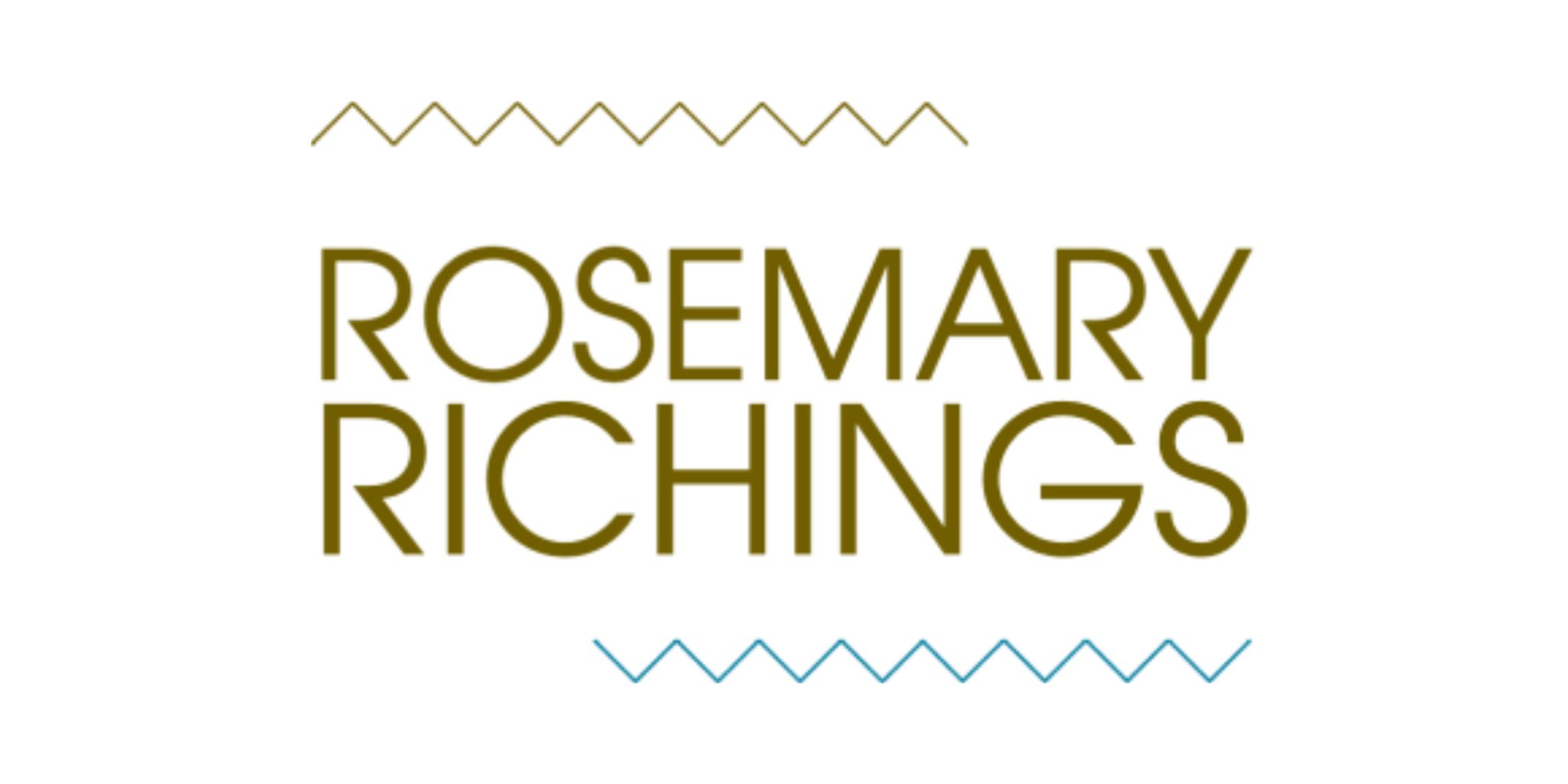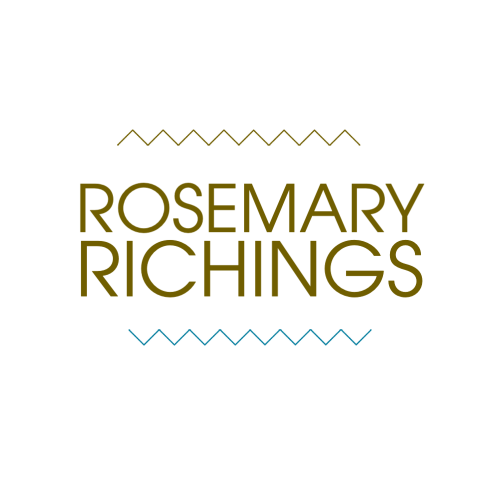But I want to talk about something a bit more positive than that: how my neurodiversity has helped me work with clients
1) Nothing is ever described as “easy”
Because of my neurodiversity, there are some things that I have learned at a different pace than other people. As a service provider, I’m always seeing people at their most overwhelmed. Sometimes, they don’t know how to do the things I’m hired to do but know that they need to have a better online presence. And sometimes their lives are way too chaotic and busy to do the work themselves.
My American friend Brandon (the Theatric Dyspraxic) once described the annoyance of people assuming that just because something is easy for a neurotypical person, it will be easy for a neurodiverse person as well. That sentiment only stuck with because it is a silly assumption I have heard too many times.
How this relates to my client work
Time and time again, there’s a sense of embarrassment and shame amongst my clients about:
- Finding blogging confusing
- Or not knowing how to use their social media and web platforms as a tool to grow their following.
My neurodiversity makes it a lot easier to accept the fact that I can learn a new social media platform or unexplored content creation options in a day or less. But there are so many people who can’t do that. Often I have to talk to people calmly and say “I know you don’t get this, but that is okay. How can I help?” So much of my professional life is about asking those particular questions.
2) I can adapt to differences quickly
I know the sting of having any kind of medical condition and facing stigma far too well. Because to rise above people’s expectations of what I can do, I have had to put a lot of hard work, time, and effort into all aspects of my life.
That’s exactly why self-employment and remote work was something I gravitated towards as soon as I finished university. I was tired of how inaccessible and limited my options were for where I could work, and I didn’t want to waste time trying to please people who didn’t want me there anyway.
What surprised me the most was just how many people with disabilities of their own wanted to work with me.
I didn’t advertise myself as someone who works only with clients with disabilities. It more just happened naturally as I started to be a bit more open about my disability over places like my blog and social media.
First, there was a mom with a neurodiverse kid, who lives with a mix of PTSD and chronic pain. I helped her launch a blog, and gave editorial guidance and support. I was very accepting of the fact that some days were better than others from a mental state and mindset point of view, and knew how to handle the bad days.
Then, there was a client I worked with who happened to be deaf. In our first conversation the surtitle software failed and so did the chat feature of Zoom. I assumed that was a dealbreaker, but it turns out she appreciated my patience and understanding so much that I got to be her web page editor. We still found a way to work together, despite the fact that I don’t know sign language, and we were having the worst luck with technology. In the end, she loved what I came up with and seemed very happy with the results.
3) I never let people internalize beliefs about their target audience in a one-dimensional way
There are times where marketers do cool and revolutionary stuff for minorities and people with disabilities. A great example of this is my personal favourite, American Outfitters 2018 advertisement campaign. This campaign was praised for its truthful disability representation. Models with everything from diabetes to physical disabilities were celebrated and treated like “real” beauty. It was the very first-time a women’s clothing advertisement featured people who looked and felt like me.
But they don’t always get it right, and when they do it’s out of pure laziness. That’s when car ads are released with millennial stereotypes and Pepsi commercials feature racial stereotypes. Unfortunately, I know what it feels like to be stereotyped, so that’s when I push them to do better.
One of the most important parts of my neurodiversity at work has been empathy. Empathy for how people are portrayed, and empathy for people’s struggles to comprehend the work I always get hired to do. And I wouldn’t trade that for pretty much anything else.
PS: New articles are published bi-weekly on Mondays. Browse more posts:
50+ B2B articles →
100+ writer-to-writer articles →




